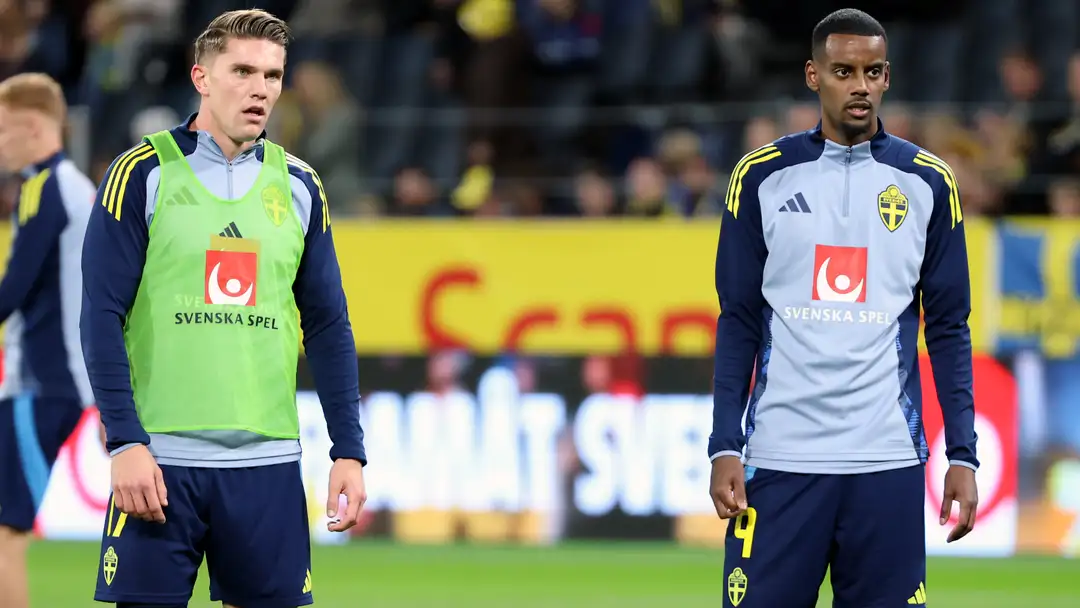
Alexander Isak and Viktor Gyokeres Draw Blanks as Sweden’s World Cup Hopes Take a Massive Blow
Isak and Gyokeres fail to deliver in Sweden’s crucial defeat to Switzerland
For a country that has produced legendary forwards like Henrik Larsson and Zlatan Ibrahimovic, Sweden’s latest attacking duo — Alexander Isak and Viktor Gyokeres — were supposed to represent the future. Instead, on a disappointing night in Basel, both strikers failed to live up to expectations as Sweden suffered a damaging 2-0 defeat to Switzerland, leaving their 2026 World Cup dreams hanging by a thread.
The loss was more than just another poor result — it was a performance that encapsulated a national team struggling for direction, despite boasting two of Europe’s most expensive strikers. Signed for a combined £185 million during a dramatic summer transfer window, Isak and Gyokeres were billed as the faces of a new Swedish era. But against Switzerland, their inability to hit the target told a very different story.
A night to forget for Sweden’s star duo

viktor-gyokeres
Both Isak and Gyokeres played the full 90 minutes, yet not once did they test Swiss goalkeeper Viktor Johansson. Isak came closest when his curling effort clipped the crossbar midway through the first half, but beyond that, he and Gyokeres were largely anonymous.
The Newcastle-turned-Liverpool striker tried to create something out of nothing, even setting up a golden chance for teenage prodigy Lucas Bergvall — but the midfielder blasted wide. Gyokeres, meanwhile, cut a frustrated figure up front, often isolated and starved of service.
When the final whistle blew, Sweden sat rooted to the bottom of Group B with just one point from three matches. The defeat didn’t just dent their qualification chances; it raised serious questions about whether this team — and its star forwards — can handle the pressure that comes with carrying a nation’s hopes.
Big-money moves under the microscope
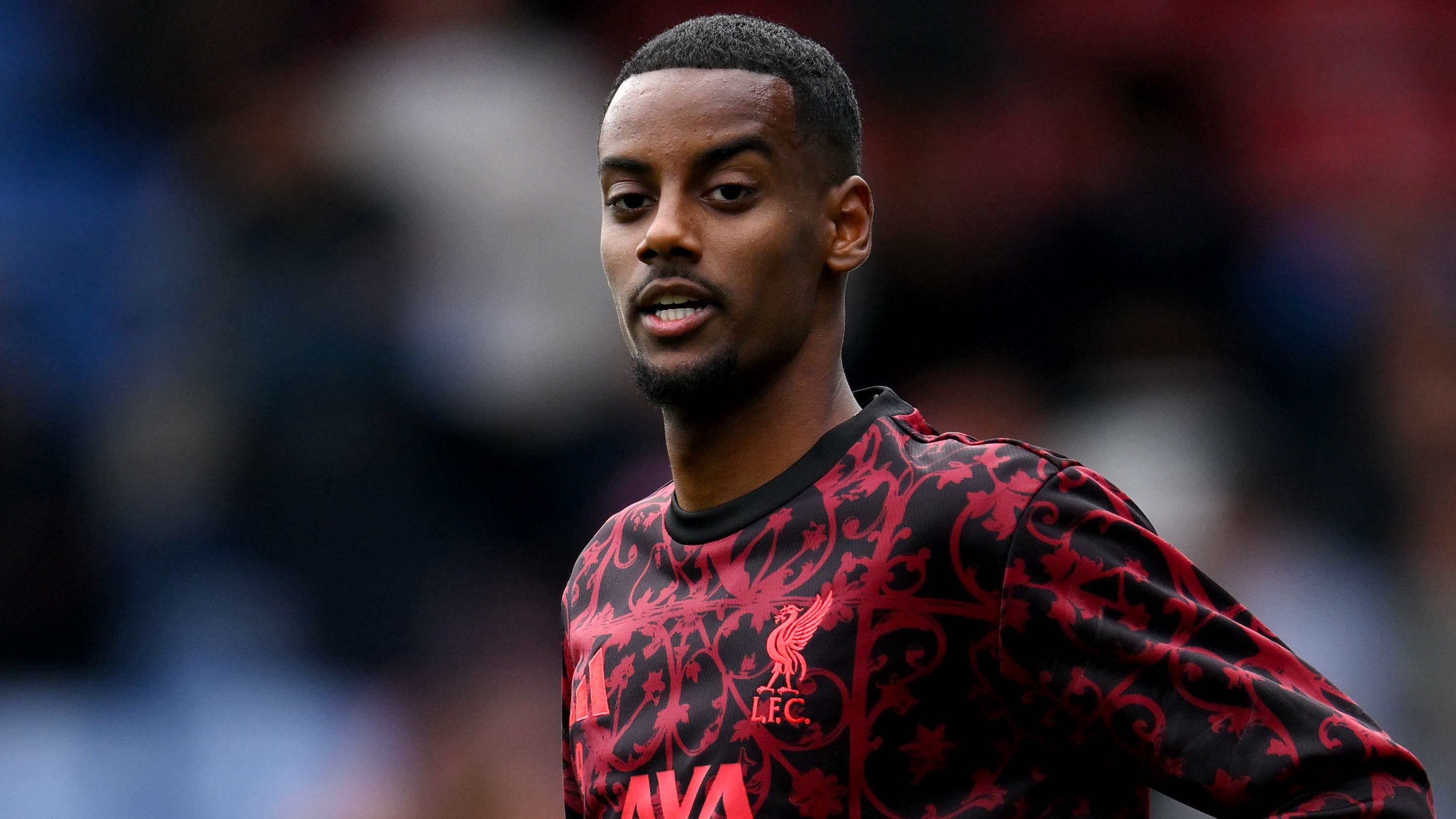
Crystal Palace v Liverpool – Premier League Isak
Few transfer sagas were as chaotic this summer as Isak’s. His £125 million move from Newcastle United to Liverpool dominated headlines for weeks, with the striker missing large chunks of pre-season as he forced the deal through. Newcastle were reportedly furious, accusing him of breaking promises and abandoning training sessions, while Isak’s camp insisted he was simply “fighting for his future.”
Liverpool eventually got their man, but the fallout has been hard to ignore. Isak has looked short of sharpness in the Premier League, and now that lack of rhythm is bleeding into his international form.
Gyokeres’ transfer to Arsenal, worth £60 million, was hardly smoother. The former Sporting CP striker had been prolific in Portugal — 97 goals in 102 appearances across all competitions — but his form has dipped since arriving in north London. Just three goals in 10 appearances have left Arsenal fans wondering whether the club’s investment was premature.
Against Switzerland, both forwards looked burdened by their price tags. The crisp, confident finishing that defined their club careers was replaced by hesitancy and frustration — and Sweden paid the price.
Don Hutchison criticises Isak’s professionalism
Former Liverpool and Everton midfielder Don Hutchison didn’t mince words when discussing Isak’s struggles. Speaking to onlinecasino.com, Hutchison called out the Swedish striker’s conduct over the summer:
“There’s no doubt he’s been unprofessional. He should have been more professional and he’s paying for it now. Walking away from Newcastle’s training camp was poor, and when he came back, he should have been ready either way — to play for Newcastle or Liverpool. He’s ended up unfit and out of form, and that’s on him.”
Hutchison’s comments echo what many in Sweden are beginning to fear — that Isak’s turbulent transfer window has disrupted not only his club form but also his rhythm with the national team.
Gyokeres struggling to find his spark
For Gyokeres, the problem seems less about attitude and more about adaptation. At Sporting, he was the focal point of a system built entirely around him. At Arsenal, he’s still learning how to fit into Mikel Arteta’s fluid attack — and for Sweden, that lack of chemistry is glaringly obvious.
The 26-year-old has always been known for his powerful runs and clinical finishing, but against Switzerland he looked disconnected from his teammates, rarely receiving the kind of service that allows him to thrive. For now, he remains a shadow of the player who terrorised Portuguese defences for two straight seasons.
Sweden’s World Cup mountain to climb
The defeat to Switzerland has left Sweden’s qualification hopes in tatters. With just one point from three matches, they now sit bottom of their group, needing a near-perfect run to stand any chance of reaching the World Cup in the USA, Canada, and Mexico.
Their next fixtures are against Kosovo, Switzerland again, and Slovenia — three games that will define their campaign. Second-placed Kosovo sit just three points ahead, meaning that the upcoming clash in Gothenburg could effectively decide who earns a shot at the playoff spot.
For head coach Janne Andersson, the challenge is not just tactical but psychological. Restoring belief in a side that looks devoid of confidence will be key — and that starts with his star strikers rediscovering their form.
Pressure mounting on Sweden’s golden generation
This was supposed to be Sweden’s renaissance. Isak, Gyokeres, Dejan Kulusevski, and Lucas Bergvall form one of the most talented attacking cores in decades. Yet, for all their promise, the performances have been disjointed and uninspired.
Fans are beginning to grow restless. The frustration is understandable — Sweden’s once-proud football identity, built on discipline, structure, and efficiency, seems to have given way to uncertainty and inconsistency.
As the nation looks ahead to the final stretch of qualifiers, one question looms large: can Isak and Gyokeres finally deliver when it matters most?
A defining moment for Isak and Gyokeres
If Sweden are to salvage their World Cup dream, they’ll need their star duo firing again — quickly. The pair’s struggles aren’t just about poor luck; they’re a symptom of deeper issues within the team’s setup and preparation.
For Isak, this is an opportunity to prove that his controversial summer move was worth the drama. For Gyokeres, it’s a chance to silence the doubters who believe his success in Portugal can’t translate to Europe’s biggest stages.
Sweden’s fans, meanwhile, will be hoping that Basel was just a bad night — not a sign of things to come. Because if the nation’s £185 million strike force continues to misfire, their journey to the 2026 World Cup might be over before it ever really begins.


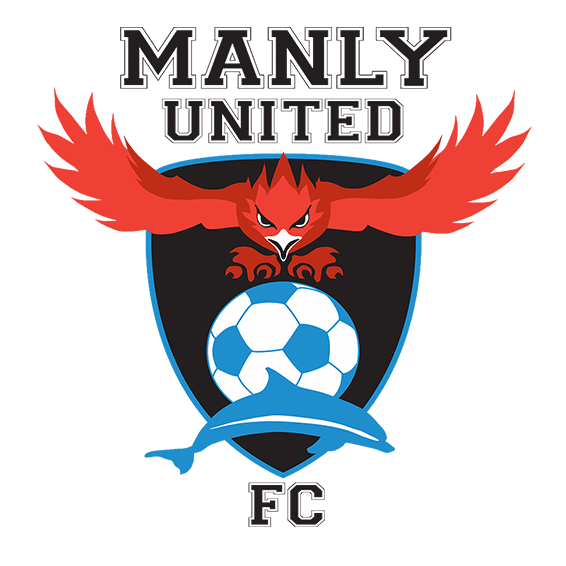
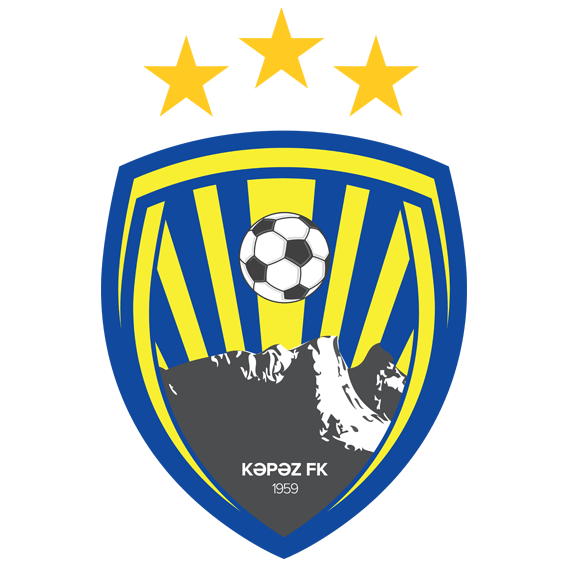
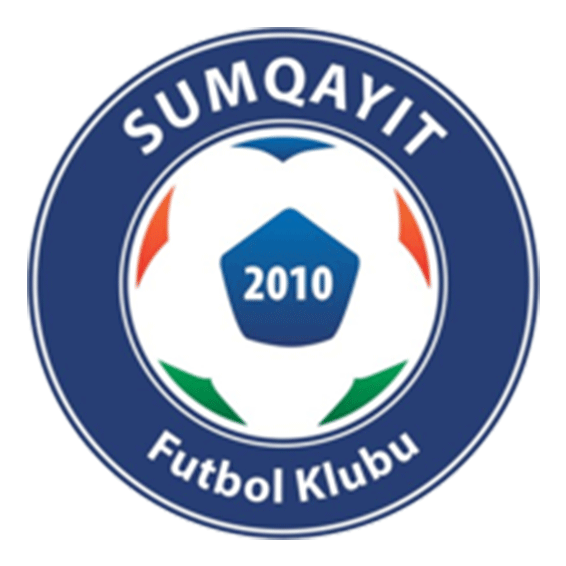


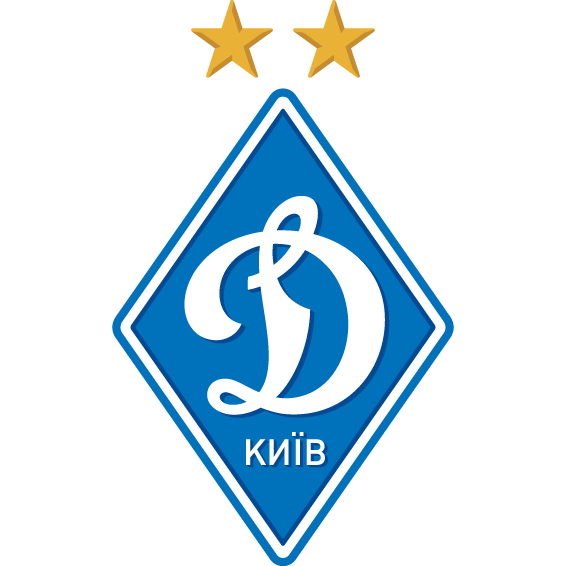
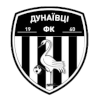
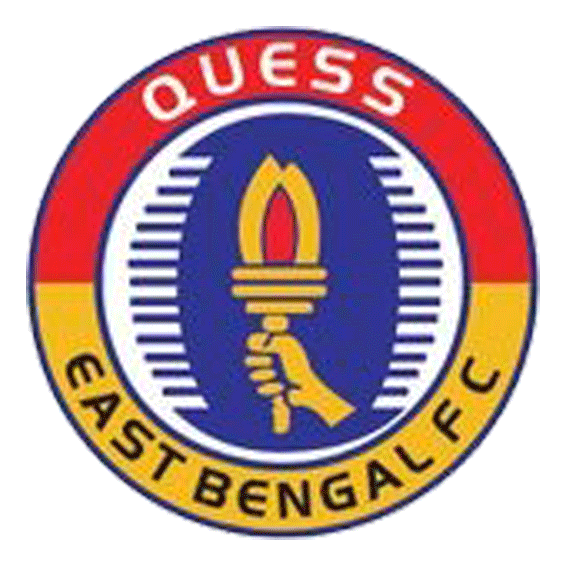

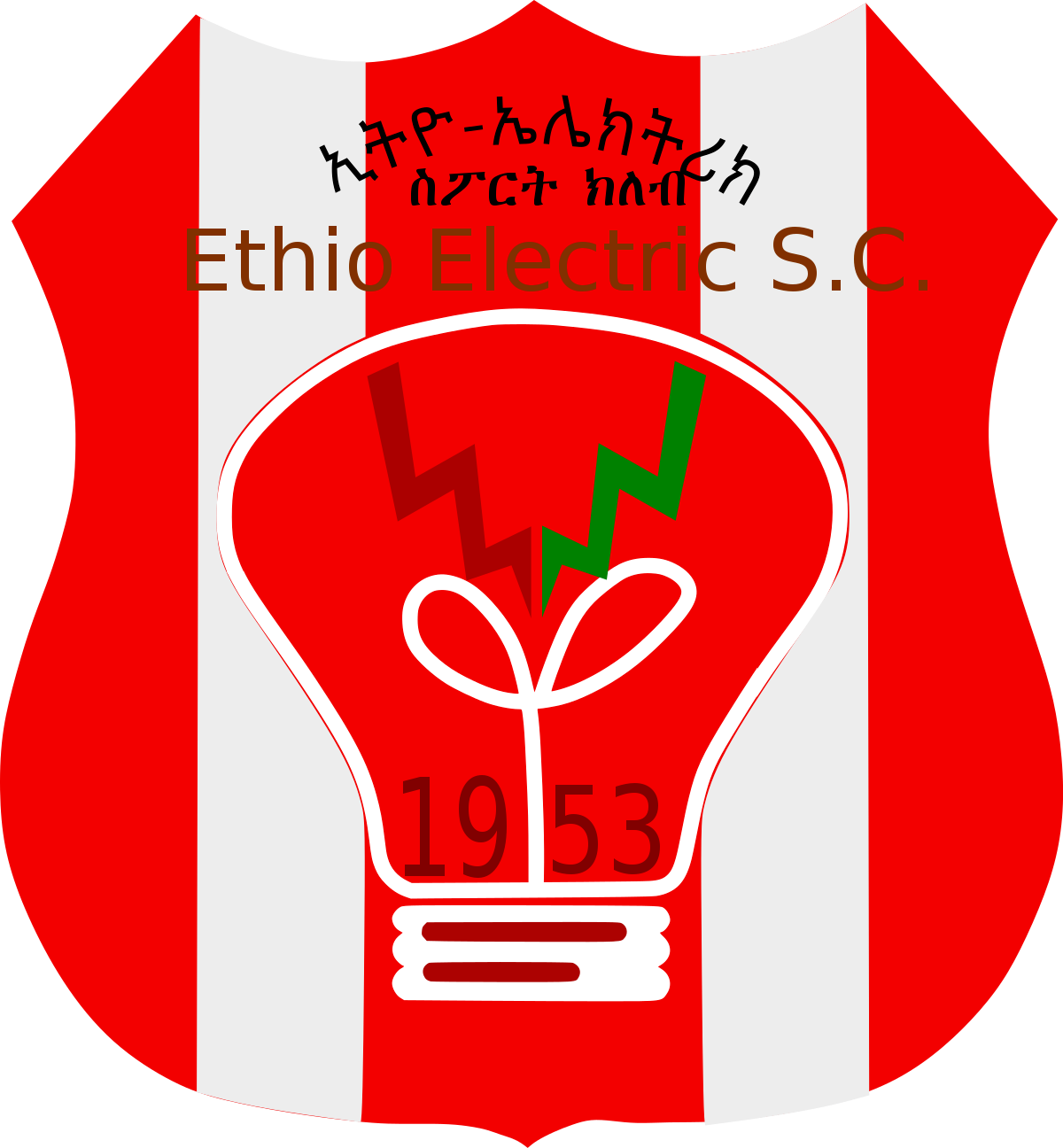
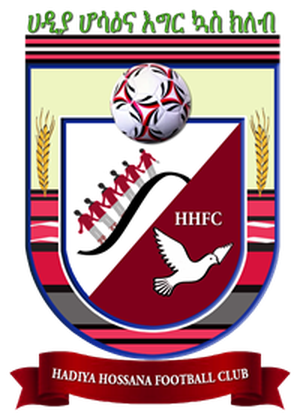

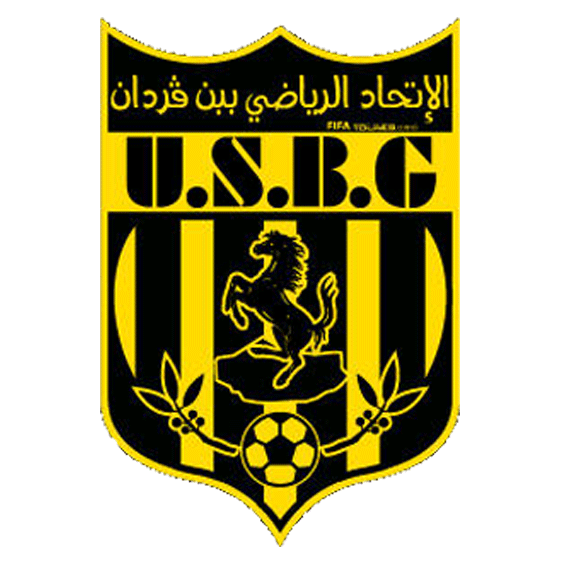



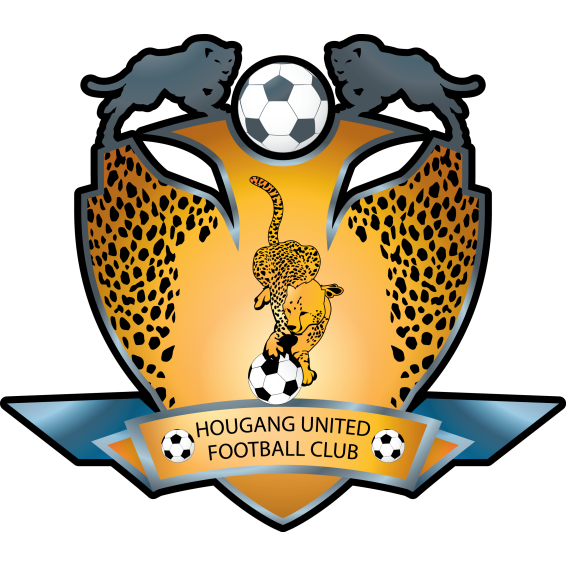


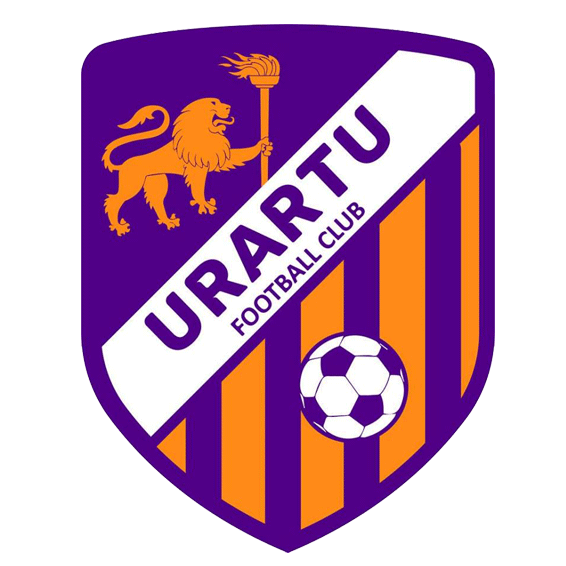












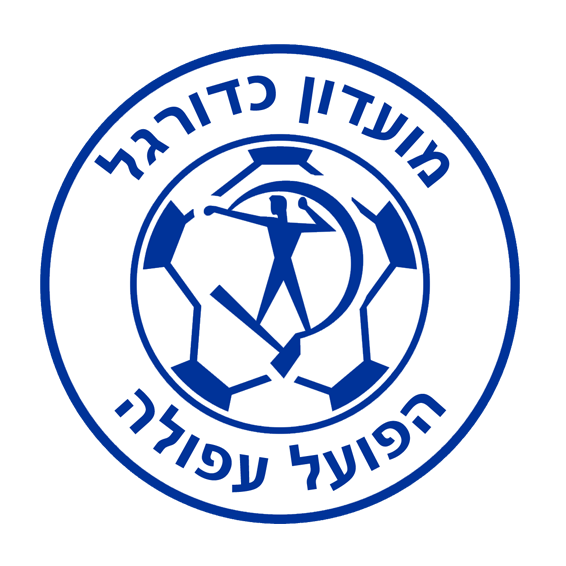
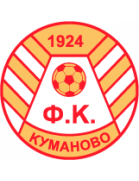
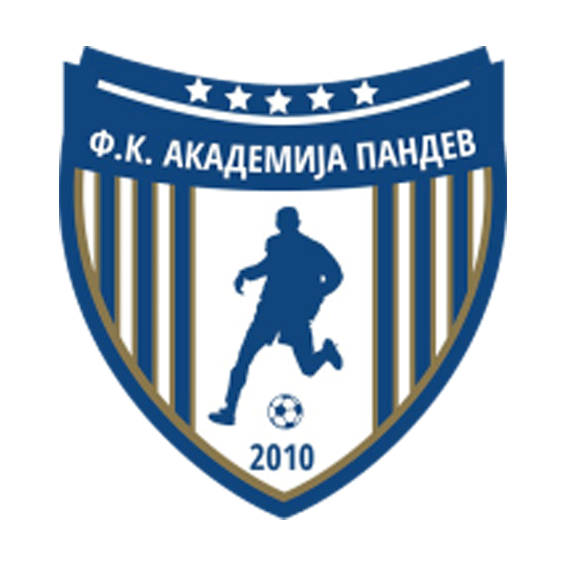

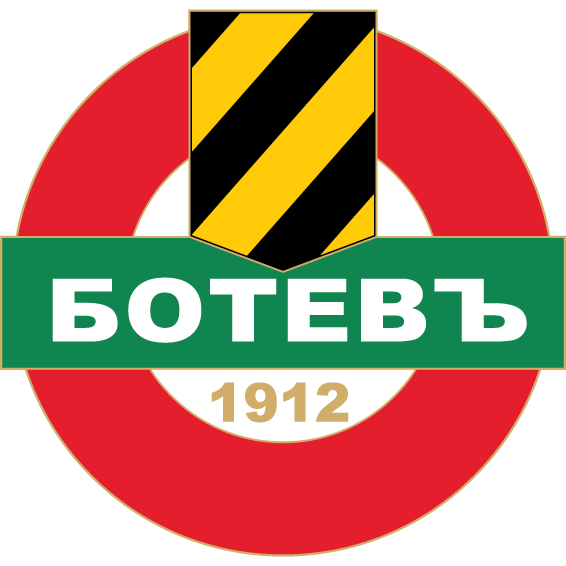



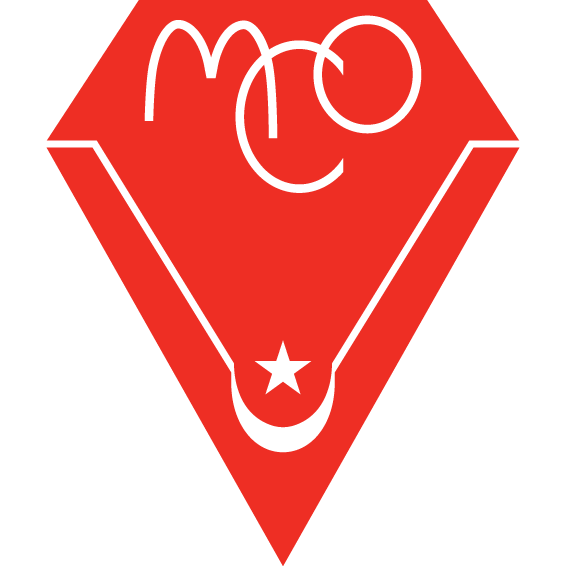
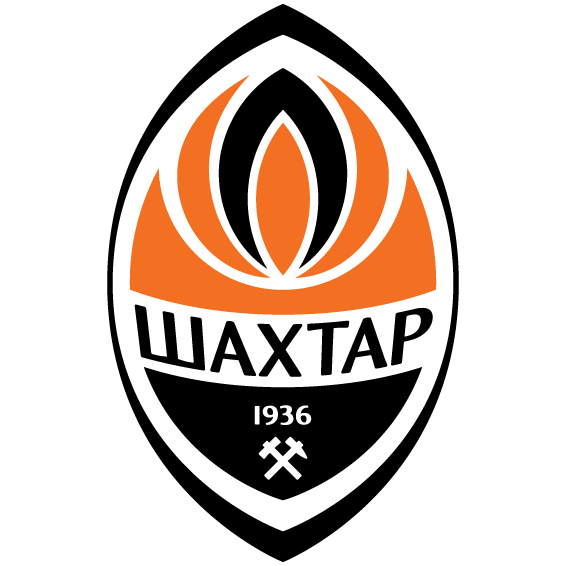
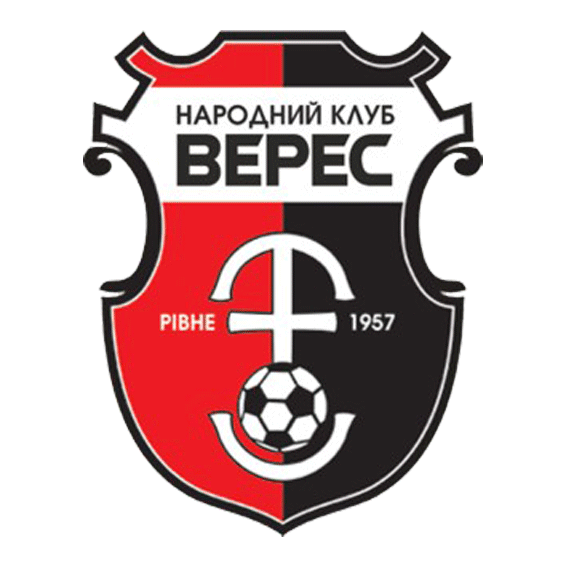
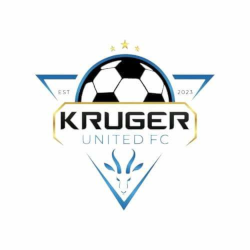












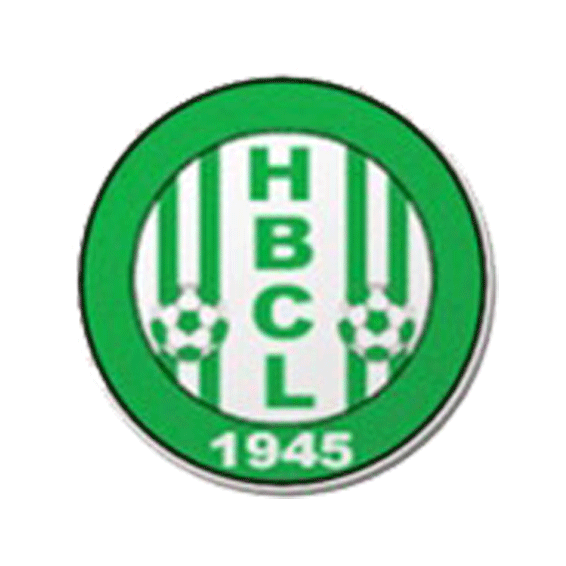

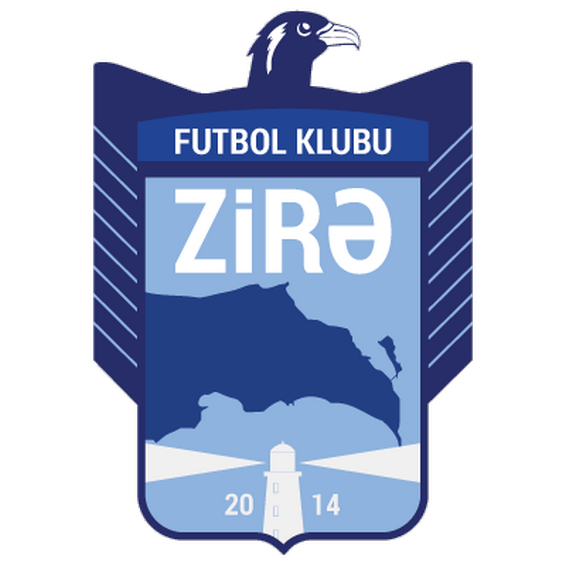






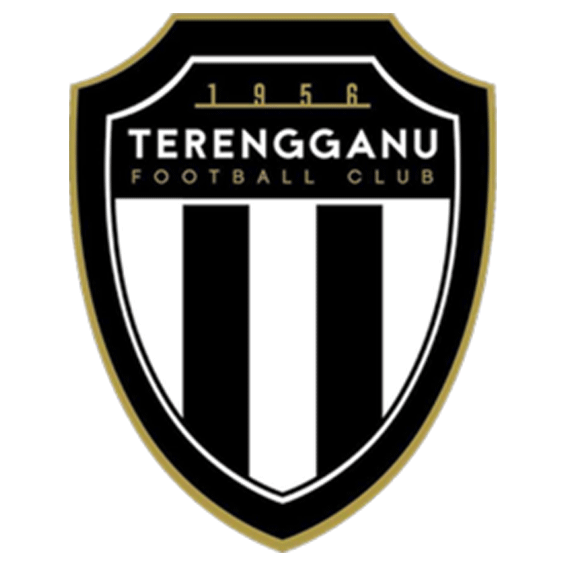



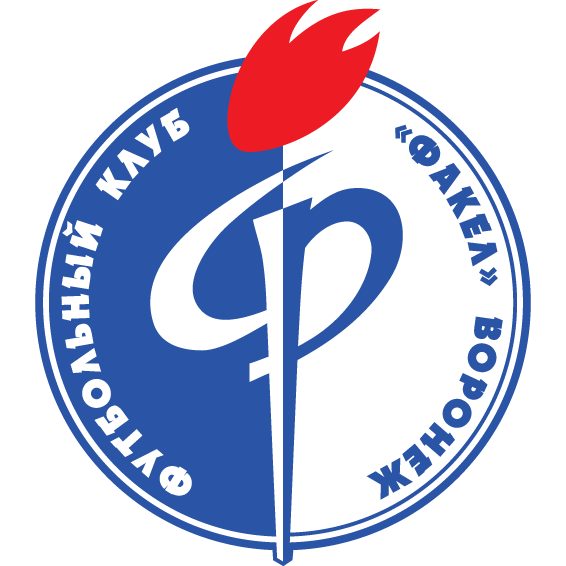




























There are no comments yet. Be the first to comment!